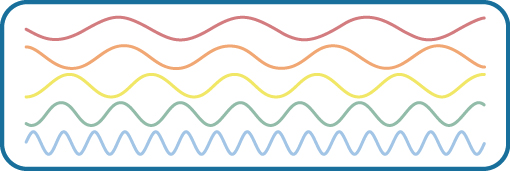TheVat
Registered Senior Member
Which reminds me of the so-called Hard Problem as it crops up in AI research and people wring their hands over what a machine could have as phenomenal experience or qualia. I recently read a paper by psychologist Robert Epstein that has been nudging me to review my notions of the popular analogies between human brains and digital processors as we know them. The Epstein paper dashed some cold water in my face, especially regarding how little we know about the causal operations of brains. Is the computationalist view just...not even wrong?
https://aeon.co/essays/your-brain-does-not-process-information-and-it-is-not-a-computer
(Sorry, I don't find a good teaser quote for this. It just needs to be read. But if you're short of time, or averse to clicking on links, I can swing by tomorrow and try to summarize)
https://aeon.co/essays/your-brain-does-not-process-information-and-it-is-not-a-computer
(Sorry, I don't find a good teaser quote for this. It just needs to be read. But if you're short of time, or averse to clicking on links, I can swing by tomorrow and try to summarize)

